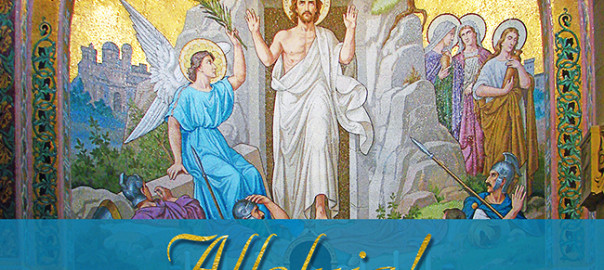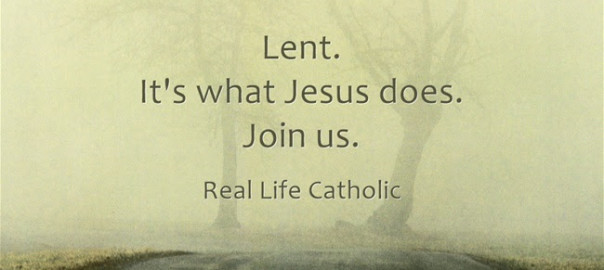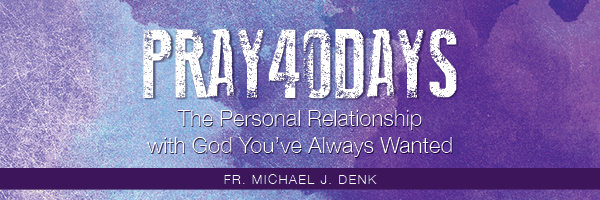“He is not here. He is risen from the dead, just as he said. Come and see the place where he lay!” (Matthew 28:6).
Bilbo finds a ring.
A group of children fall through a wardrobe into another dimension.
Snow White finds the love of her life. William Wallace loses his.
The old man in the sea hooks a monster fish.
Maximus is named Emperor by Marcus Aurelius.
Joseph loves Shannon.
Every story has one truth at its foundation. Without it, there’s no story.
There are over 450,000 words stretching from Tolkien’s Silmarillion to the end of the Return of the King. If you stood them on top of each other they’d probably tower over the Empire State Building. But if you remove the words: “bilbo found a ring” from somewhere around the 5th floor, they’d all come tumbling down. Without that, there’s no story. Orcs, Elves, Hobbits, Talking Trees…who cares?
There is one claim made by one faith.
Without it, the rest of the story of that faith doesn’t really matter. All of Jesus teachings, and his dying, wouldn’t matter. Actually, the rest of the story of the universe, and of your life wouldn’t make much sense either.
That one claim was made in a quiet cemetery in an outpost of the Roman Empire. It was carried on the trembling lips of a conformed harlot to a group of terrified fishermen. It was spoken in whispers. A secret too good to be true. Yet it was true. It is true. So true, in fact, that eyewitnesses died horrible deaths attesting to it. (You’ll find people who die for belief systems. Dying for an eyewitness testimony is vastly different than that!)
Within 300 years, this one true claim transformed the Roman Empire.
These three words continue to transform everything they touch, until the story of time is done: “He is risen.”
“Cinderella finds love.” The one truth is found somewhere in the story, but really, the whole story is found in that one truth.
The whole story of the universe, of human history, of Christianity, and of our own lives are found in these three words: “He is risen!”
This one truth is the proof that God is real. Love wins. And life is good.
And if that’s not true…who cares about the rest of the story?







